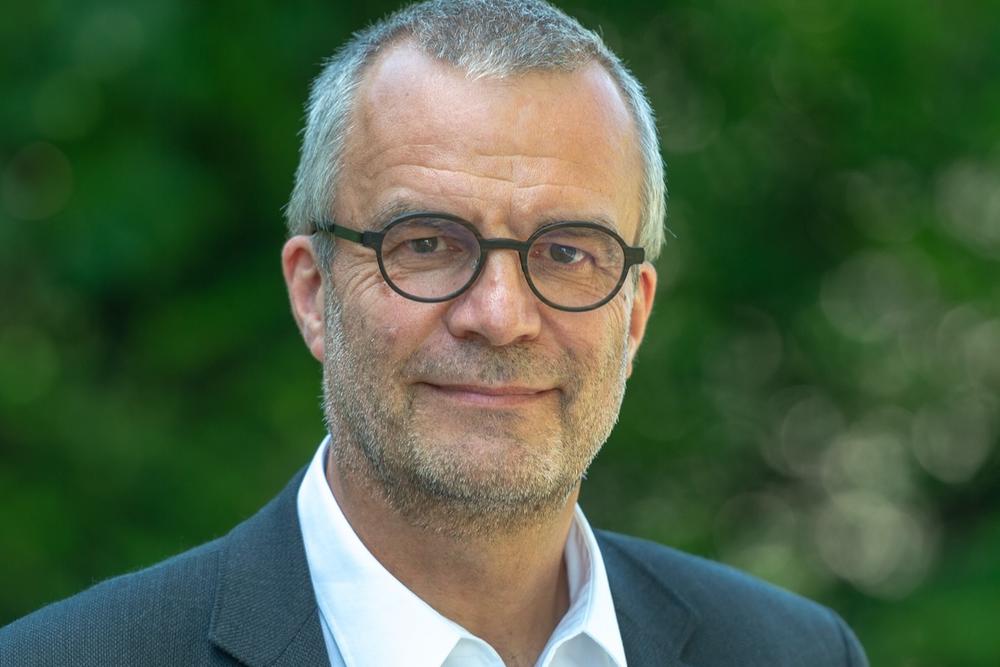University Autonomy in the Era of Empty Pockets
Ronnie Schöb, Professor of International Public Finance, Freie Universität Berlin
Apr 09, 2025
Ronnie Schöb is professor of international public economics at Freie Universität Berlin
Image Credit: Bernd Wannenmacher
If we are going to talk about academic freedom and the autonomy that universities need in order to exercise this freedom, then we need to also talk about money. Institutions can only be autonomous and conduct research freely if they receive sufficient financial support and if that support does not come with strings attached regarding the content of the research.
At the same time, universities are highly dependent on public funding, as can be seen in the latest termination and renegotiation of the Berlin university pacts announced by the Berlin Senate. These changes mean reduced funding for universities that will lead to more significant cuts with unforeseeable long-term consequences for higher education and research in Berlin. Berlin’s universities are justified in fighting back. However, in doing so it is often assumed that the cuts in public funds must inevitably be balanced out by simply reducing spending at the universities.
German federal and state governments finance around ninety percent of higher education expenditures, with only around ten percent coming from private sources. This also includes, to a lesser extent, tuition fees, at least in other federal states.
If this distribution of funding continues as is and the Berlin Senate’s cuts lead to proportionately reduced spending at the universities, it will not only affect employees, but also the approximately 170,000 students currently enrolled at Berlin’s public universities. Budget cuts of around eight percent will have a substantial impact on the scope and quality of teaching and will also seriously affect Berlin as a research hub. However, there are certainly ways to mitigate the consequences that these cuts will have.
Why not revisit the idea of charging tuition fees in some cases, for example, for people who decide to pursue an additional second degree (not just a consecutive master’s degree program), and while we are at it maybe we could reconsider whether a second occupational training program needs to be fully financed with public funds? We might also dare to ask about tuition fees for long-term students and non-EU citizens, as is common practice in Baden-Württemberg for example. These are options that would give Berlin’s universities more leeway and some degree of financial autonomy.
In light of the enormous financial challenges we are currently facing, it is time to rethink university autonomy from a revenue perspective. The field of public finance can be of great help here. It is not about advocating tuition fees, but about pausing and asking why we are no longer even considering such options and why we are not including the issue of financial autonomy in our negotiations with the Berlin Senate administration.

